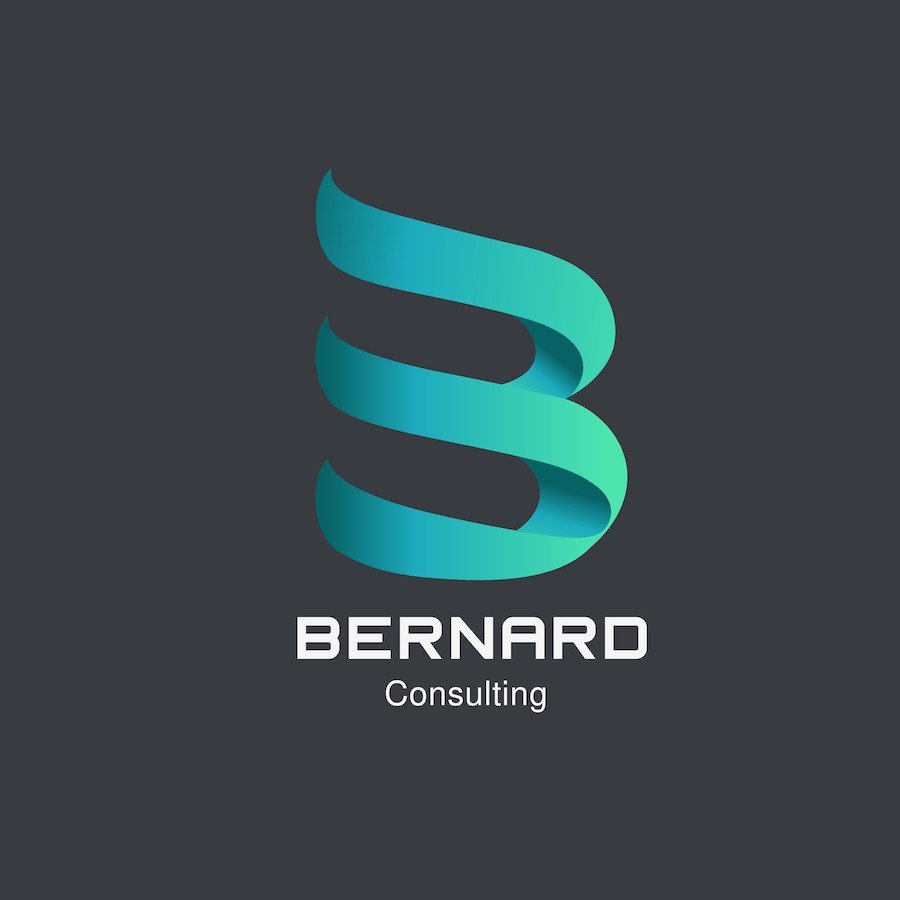The fascination behind the term “digital transformation” is currently at its highest. By definition, digital transformation is “utilizing the current processes and marrying it with advanced technologies, working hand in hand to drive the processes forward more productively all while reducing inefficiencies”. Industry 4.0, by in large focuses on the manufacturing sector, and how it is handling the integration of advanced technologies to focus on connectivity and communication for better output. Solely driven by the current digital changes, Industry 4.0 currently in India is shaping up to be a monster partnership in revolutionizing production, reshaping businesses, and generating better relationships across all verticals i.e. producers, suppliers, and customers.
The latest assessment by UNIDO (United Nations Industrial Development Organization) has projected India as the only lower-middle country to make it into the second group of leading economies of the world. This is in part due to India’s heavy investment in Advanced Data processing technologies in developed countries such as US, UK, and Japan. Besides its manufacturing clout due to sheer labor advantages, its strong position in Integrated Communication Technology services is vital in bridging the gap of bringing ADP technologies to the manufacturing floor.
The COVID-19 pandemic has ushered us all into a new digital age rather violently. Over the last few months, we have seen a transformation of all the industries we have known such as education, healthcare, government, and hell even large multinational corporations to work remotely or online. The boundaries that existed between digital and physical are more in sync than ever, and this transformational opportunity when employed in the manufacturing segment ushers in the concept of smart factories.
Advantages and Disadvantages of ADP technologies:
Based on factual evidence and deep assessment, ADP technologies have been found to foster harmonious and sustainable development. They offer superior product capability, advanced customization for clients and suppliers alike, high market responsiveness, and a higher potential to meet environmental guidelines and conserve resources. ADP technologies have the potential to take over the most perilous jobs, improve overall energy consumption and increase heterogeneity in the workplace.
On the flip side, emerging technologies will affect employment massively. Labor-intensive jobs will see a decline in the manufacturing segment, and more focus will be applied to knowledge-intensive jobs. These jobs are important in the transition process and are key to developing productive teams in the future.
A current foray by the Indian Manufacturing segment and prospects for the future:
With the introduction of the Udyog Bharat 4.0 mission, exemplary work is being done all across India in identifying key problems faced during the 2nd and 3rd industrial revolutions and mitigating them using advanced techniques. UNIDO’s global finding states that India is taking major steps in building their industrial capability to only onboard advanced technologies, but implement them on a larger scale across various factories in India. The learning that comes with running smart factories as per UNIDO’s findings is essential for future framework building. Currently, the technological divide is quite wide, with industrial leaders able to implement newer technologies but not getting the required support from their supply partners who are still traditional in their manufacturing process. India therefore has to implement Industry 4.0 as a nationwide concept which would help in serving all firms big or small to at least partially implement automation in their quest to be fully ready for the future. Although the current policies are highly contextual a balanced framework for the future has to be readied. Improving overall awareness of technological advancements, strong funding support, and enhanced sourcing of talent will altogether help India in being a self-reliant world-class $1 trillion manufacturing economy within the next five years.

Digital Transformation Consultant| Leading OTT Consultant | Industry 4.0 Certified Consultant| Lean Six Sigma | MediaTech | MarTech Expert | Speaker | Blockchain Certified |
